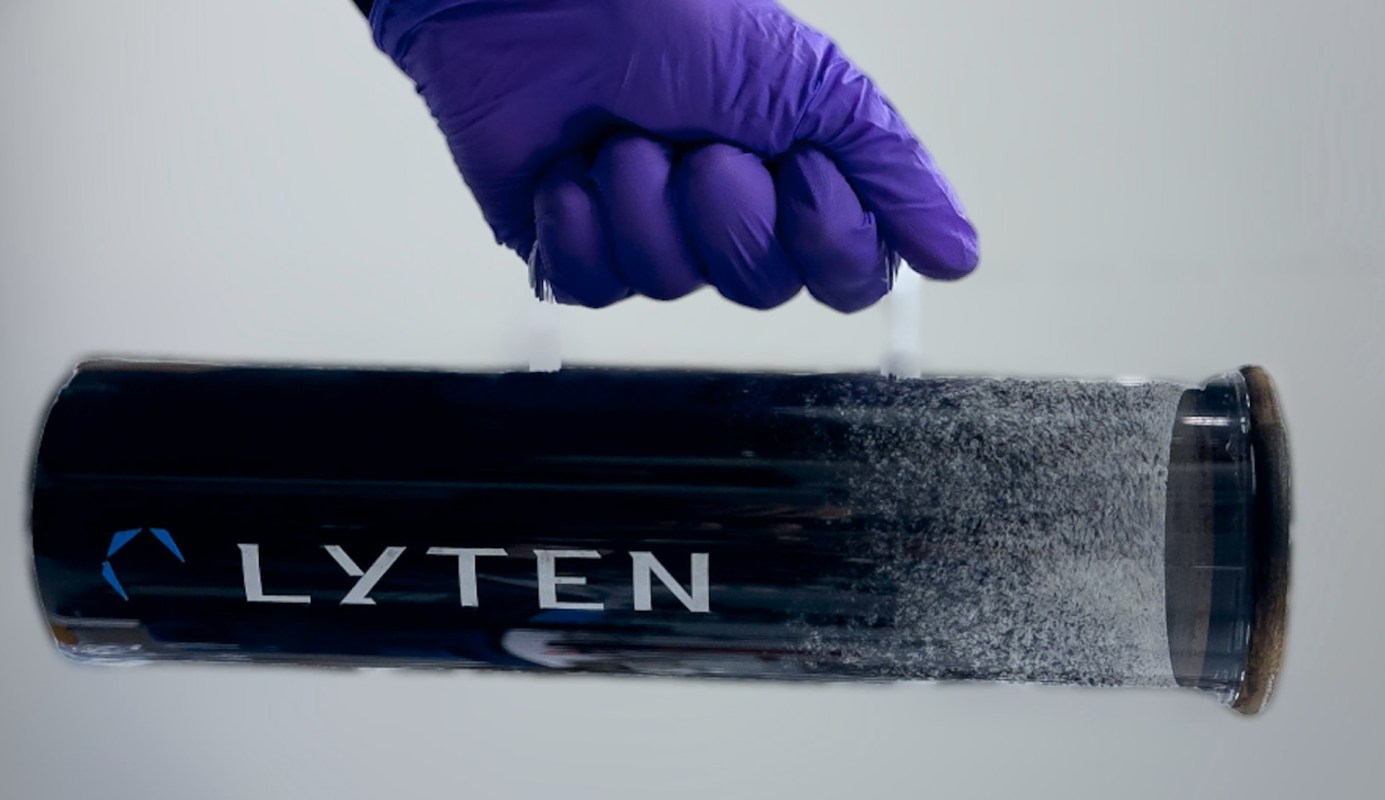Lyten, a company using new technology to lighten the United States' dependence on critical materials used in electric vehicle construction and batteries, received a $4 million grant from the Department of Energy, signaling an important shift in the market.
Lyten inadvertently discovered 3D Graphene in 2015 while testing whether it could turn methane and other toxic planet-warming gases into clean hydrogen without creating pollution to provide cleaner forms of energy. While its discovery of the technology may have been a happy accident, its progress since and its winning of this funding are anything but.
The material has several applications that will help optimize EVs and other vehicles that rely on being lightweight yet strong, but the DoE grant is specifically for a groundbreaking lithium-sulfur battery.
🗣️ When you think about owning an EV, what concerns you most about public charging stations?
🔘 Chargers not working 🚫
🔘 Chargers not being available 😥
🔘 Charging being too expensive 💰
🔘 Charging taking too long ⌚
🗳️ Click your choice to see results and speak your mind
The manufacturing of current lithium-ion EV batteries faces supply chain challenges, such as material scarcity and reliance on Chinese production.
Keith Norman, Chief Sustainability Officer of Lyten, told The Cool Down that having 60-98% of all these materials go through China creates a supply chain and energy security challenge. He further stated that while diversification of the supply chain is necessary, it is insufficient and that the technology itself needs to take leaps.
Norman said they will not win simply because they have a greener product.
"Greener doesn't win, better wins," he told TCD.
He stated that greener can get you early adopters but can't scale, so Lyten focuses on products that give you better performance and a better price while also being cleaner.
This is exactly what Lyten's battery is doing. By using more readily available materials — such as methane and sulfur — and sourcing lithium from local deposits, the company can make a better battery from an entirely local supply chain.
Since completing testing of the technology, raising $200 million in investments from companies like Stellantis, Honeywell, and FedEx, and opening its first battery pilot line this year, scaling up is now the company's big challenge.
While Lyten is producing batteries off the line and will start delivering its first commercial cells to customers this year in the aerospace, drone, and government spaces, it is not quite ready for EVs regarding scale and performance.
Norman said there is still a gap between funding for primary research and funding for something at this scale and that private markets may be leary to invest due to the risks. This is why — the money aside, which will go directly to research and development — the DoE grant is so important.
The real significance is the market signal. Norman told TCD that while lithium-sulfur has been viewed as chemistry with potential, the industry roadmap didn't envision it coming into the market until well into the 2030s.
Winning the grant signals the acceleration of the chemistry and a recognition in the market that the current lithium-ion battery technology isn't able to advance vehicle performance in terms of weight and driving distance — or efficient enough to bring the cost of EVs down low enough to go from the early adopters to the mass market.
While Lyten is "very optimistic," Norman told TCD, "We could go faster." Hopefully, the DoE grant will secure the foundation and spur further funding to bring the technology forward at scale.
"We are encouraged by both the Department of Defense and Department of Energy's support for alternative battery technologies, in particular breakthrough technologies like lithium-sulfur that are critical to establishing energy security and supply chain independence," said Dan Cook, CEO and co-founder of Lyten, in a press release. "The U.S. has an opportunity to gain the lead in technological breakthroughs necessary to overcome barriers holding back mass scale electrification."
Join our free newsletter for weekly updates on the coolest innovations improving our lives and saving our planet.









